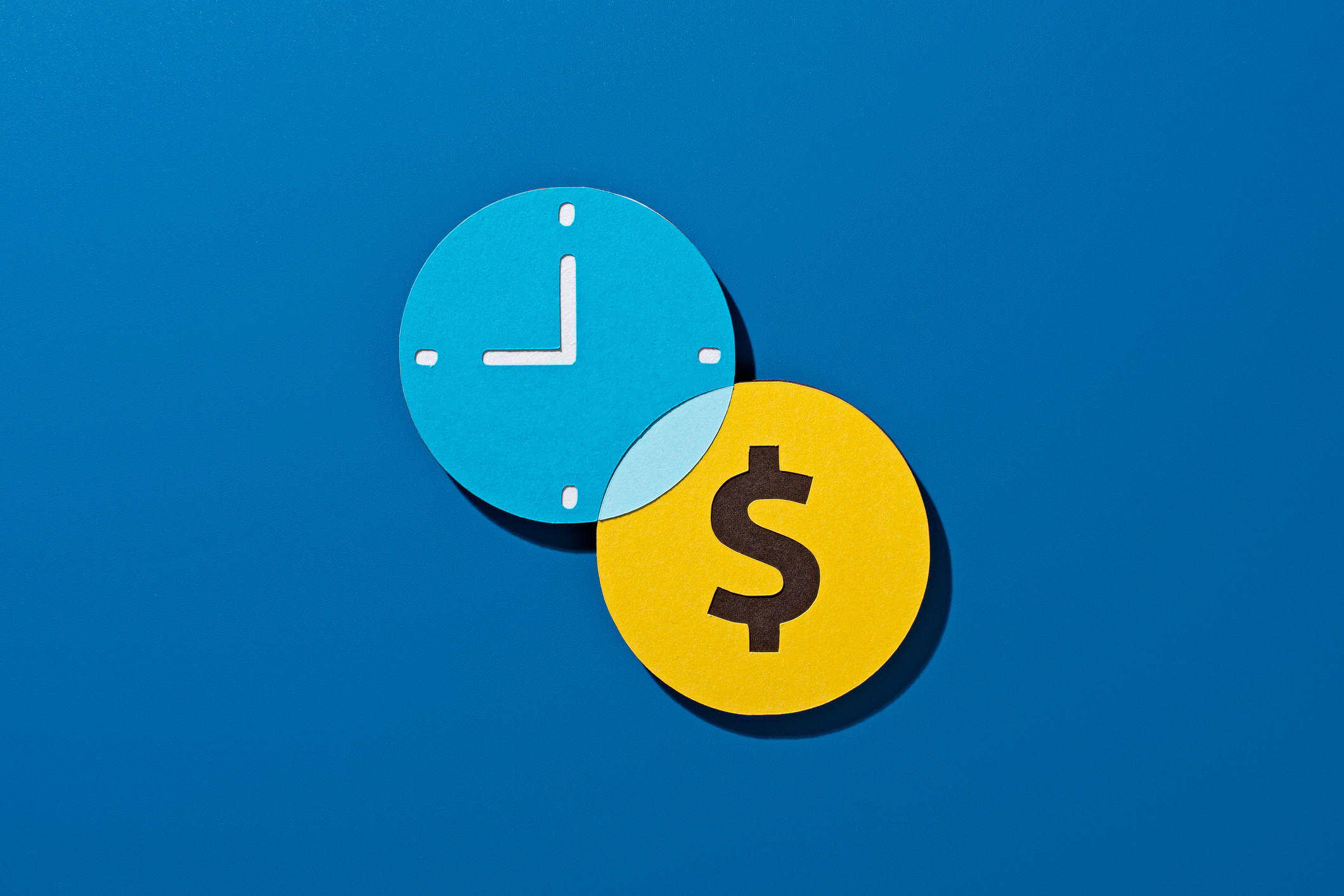
The Federal Reserve meets on January 29 and they'll decide whether to keep rates steady or cut them. Either decision could impact your savings account. Both high-yield savings accounts and CD accounts are currently offering rates well above 4% but rates might not remain this high for very long. While cuts to the federal funds rate won’t impact CDs directly, banks will usually follow suit and change rates accordingly.
Some cuts are expected throughout 2025 as the Fed incrementally drops rates from their 23-year high. So if you’re looking to take advantage of rates while they’re still this high, you’ll want to act soon.
Since high-yield savings accounts have variable rates, meaning they fluctuate with the market, you won’t be able to lock in a steady rate with one of those accounts. On the other hand, CDs offer a fixed APY, letting you secure high rates until the CD matures. Opening a longer-term CD can be an easy way to maximize the amount of interest earned on your savings, but you’ll need to be careful when choosing a term length.
Best CDs to check out before the Fed meets
While the Fed likely won't increase rates at its next meeting, there might be further rate cuts down the road. Locking in a high rate now could be a smart move. But you’ll need to be prepared to lock your cash away for the full term, or you could offset any earned interest by paying an early withdrawal fee.
If you already have an emergency fund and can commit to setting aside extra cash for a year or more, consider the following CDs, which can help you earn a fixed, predictable rate of return on your savings:
Prime Alliance Bank
Maturity: 1 year
APY: 4.45%
Minimum opening deposit: $500
One of the highest earning 1-year CD accounts is offered by Prime Alliance Bank. The CD has an impressive APY of 4.45% and a reasonable minimum opening deposit of just $500.
If you were to put $5,000 in the CD initially, once it matured you’d earn $222.50 in interest, leaving you with $5,222.50 after one year — a fairly reasonable time frame to lock up your cash.
Transportation Federal Credit Union
Maturity: 5 years
APY: 4.40%
Minimum opening deposit: $1,000
The longer you keep your money in a CD, the more interest you’ll earn. If you’re OK with the longer time commitment, consider opting for a 5-year CD.
The highest-yielding 5-year CD we’ve found is offered by Transportation Federal Credit Union and earns a 4.40% APY. If you put $5,000 in the account, after five years you’d have $6,201.15 , earning $1,201.15 in interest.
All in One Credit Union
Maturity: 3 years
APY: 4.07%
Minimum opening deposit: $1,000
If five years is a bit too long, consider a 3-year CD. Maybe you have a specific savings goal in mind — you might be planning on purchasing a new vehicle or paying for your grandkid’s wedding in three years — and are looking for a risk-free way to grow your savings.
The highest-yielding 3-year CD we’ve found, also offered by All in One Credit Union, has an APY of 4.07% and a minimum opening deposit of $1,000. If you put $5,000 in the account, after three years you’d have $5,635.68, earning $635.68 in interest.
You can also use our tool below, powered by Bankrate, to compare CD rates today:
Bottom line
Opening a CD account can be an easy way to earn a guaranteed return on your savings. With the Fed meeting this week, many anticipate rates will remain steady, but more rate cuts could be coming later this year. This could lead to lower yields on savings tools like CDs, so it’s wise to consider locking in current rates now before a potential drop.
But before you open a CD, you’ll need to choose a term length that makes sense for you. If you're unsure, compare 1-year vs 5-year CD accounts for more information.






